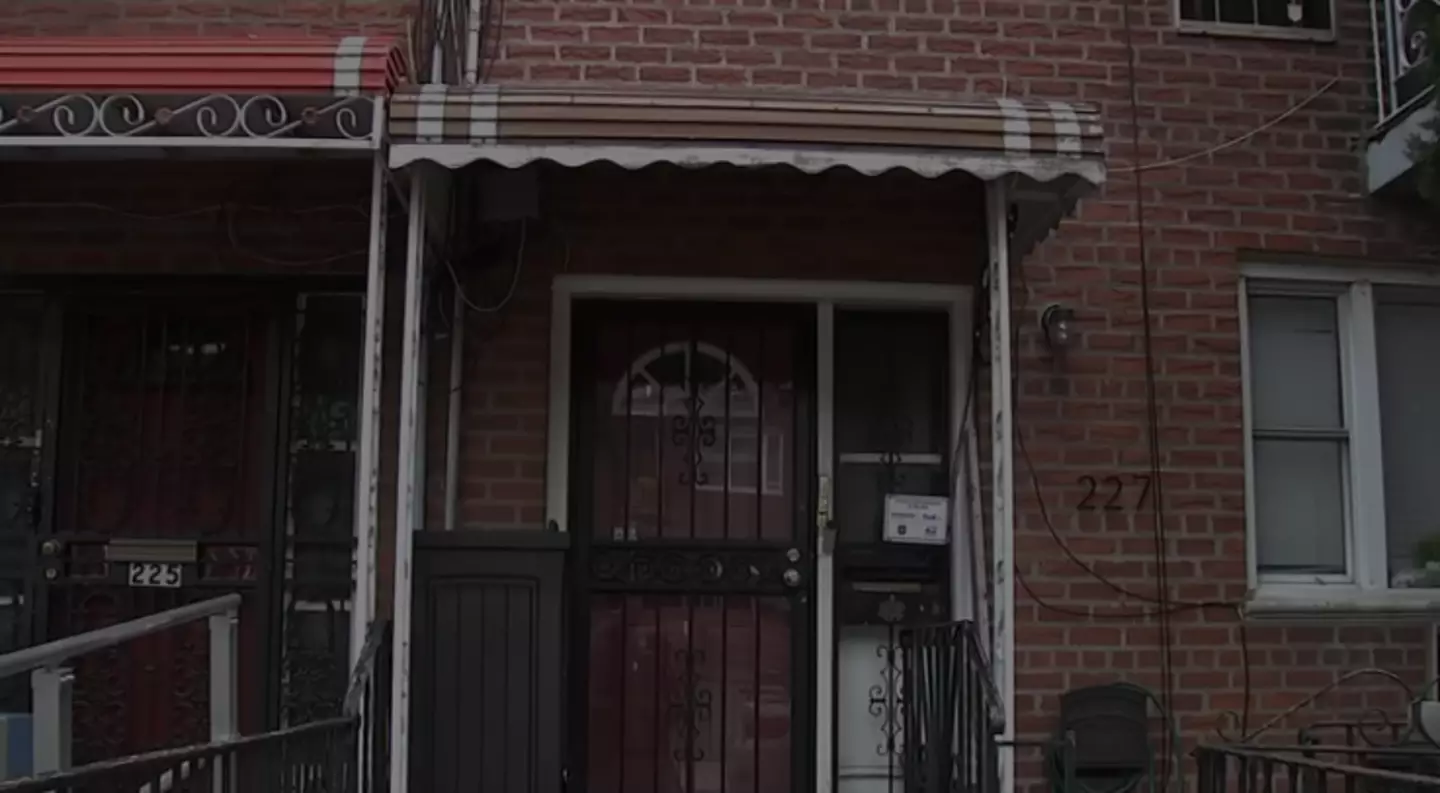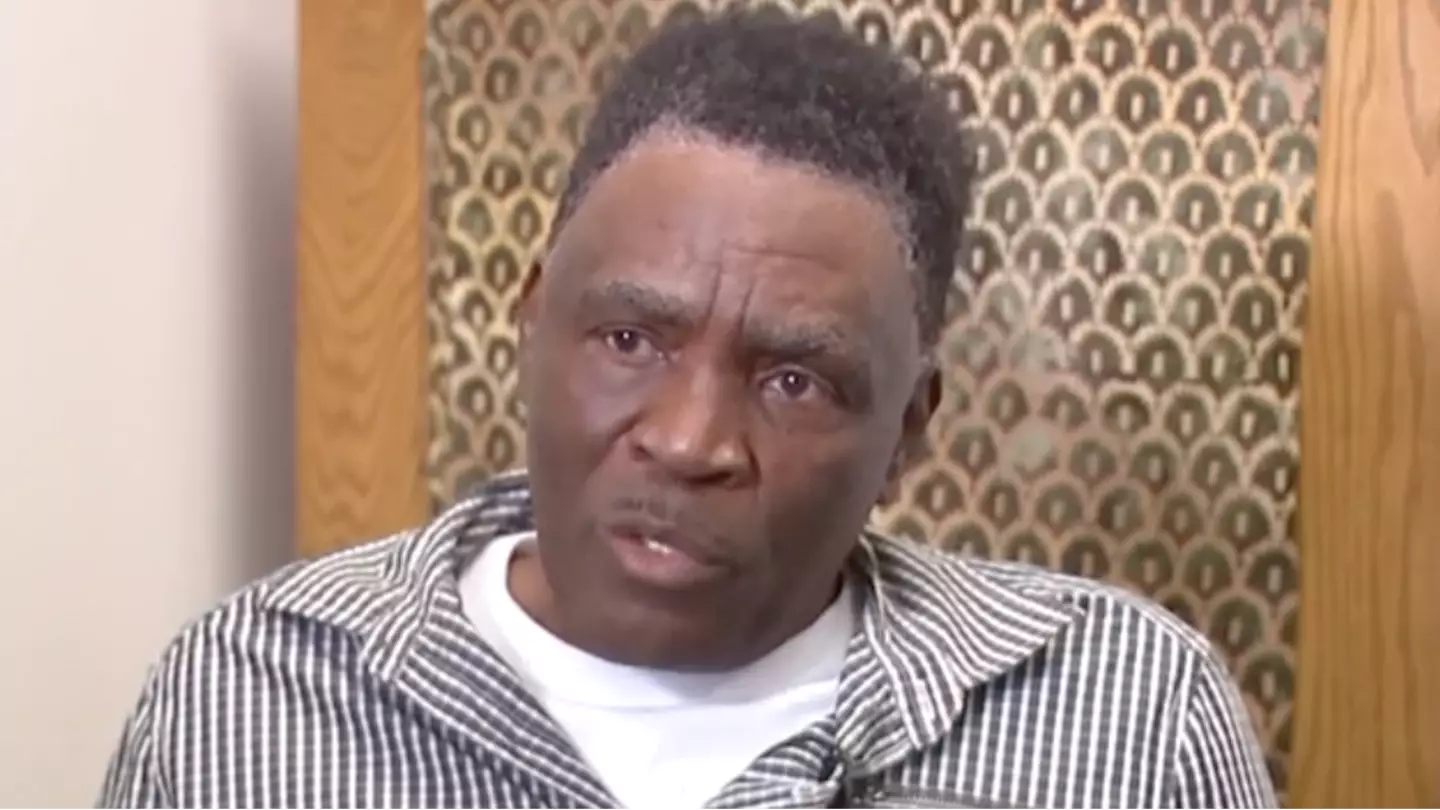A homeowner who had completely paid off his mortgage was shocked to discover that his house was being repossessed due to an unresolved water bill.
Filmore Brown was the owner of an $800,000 home in Brooklyn, which was foreclosed without his awareness.
Brown stated that the foreclosure was connected to a $5,000 unpaid water bill, although he mentioned to ABC 7 that he consistently paid his water bills.
Brown acquired his home in 1996 and settled his mortgage by 2019. He resided on the top floor of his three-unit building and rented out the lower floors to tenants.
The New York City’s Department of Finance claimed that notices were sent to Brown’s residence and that someone there was even handed court documents regarding the foreclosure in November 2020. Brown, however, insists he never received them.
He expressed that he was unaware of the outstanding water bill of $5,057.71, which was dated back to around 2019, according to Newsweek.

Brown claims he was unaware that his house had been put up for sale until contractors showed up in the middle of the night trying to enter the property legally.
“He said he didn’t know anything about this and I believe him,” commented Brown’s lawyer, Alice Nicholson.
ABC 7 News reported that the city of New York had transferred Brown’s water debt to a trust, which comprised investors seeking to recover the owed amount plus interest.
The value of the water bill was just under one percent of Brown’s home’s value, but the trust could still foreclose to recover the debt if it remained unpaid.
Brown’s attorneys noted that he had paid thousands in current taxes and water bills since the debt was transferred to the trust.
“He just paid a water bill this year in the thousands of dollars, so it’s just heart-wrenching,” stated lawyer Yolande Nicholson.

Nicholson also indicated that when the old bill was transferred to the trust, it was not reflected on Brown’s current bills due to unconnected systems, adding: “There needs to be some type of notification that there’s another bill out there that needs to be paid.
“More needs to be done to ensure hardworking older individuals with paid-off mortgages and fixed incomes do not end up in such situations.”
Describing his experience as having his home ‘stolen from him,’ Brown expressed that he doesn’t want ‘anybody to go through what I’m going through,’ adding: “I cannot eat, I cannot drink, and I cannot sleep.”
In response, a spokesperson from the Department of Finance explained to ABC 7 News: “Our goal is never to see a homeowner lose their property. Last year, we implemented reforms to specifically prevent unfortunate situations like this from happening by giving property owners more time, information, and resources to resolve their debts.
“For this year’s lien sale, we strengthened our outreach efforts to make sure we reached as many owners as possible, working with non-profit groups and other City agencies to conduct door-to-door visits, direct phone calls, and other targeted communications.

“Homeowners have several options for resolving their debt with the City, whether it’s related to property taxes, water and sewer charges, or other municipal charges. This includes property tax exemptions for eligible residents, flexible payment plans, and other forms of assistance.
“Our priority is to connect property owners with these resources early, so they can protect their homes and avoid the lien sale altogether.
In July, the Consumer Financial Protection Bureau (CFPB) expressed a desire for mortgage lenders to collaborate with homeowners rather than moving forward with foreclosures, as reported by Newsweek.
The proposed changes, while not finalized, aim to simplify the process, making it easier for borrowers to receive communications about their debts.
“When struggling homeowners can get the help they need without unnecessary obstacles, it is better for borrowers, servicers, and the economy as a whole,” CFPB Director Rohit Chopra stated.
“The CFPB’s proposal would reduce avoidable foreclosures and make the mortgage market more resilient during future crises.”

